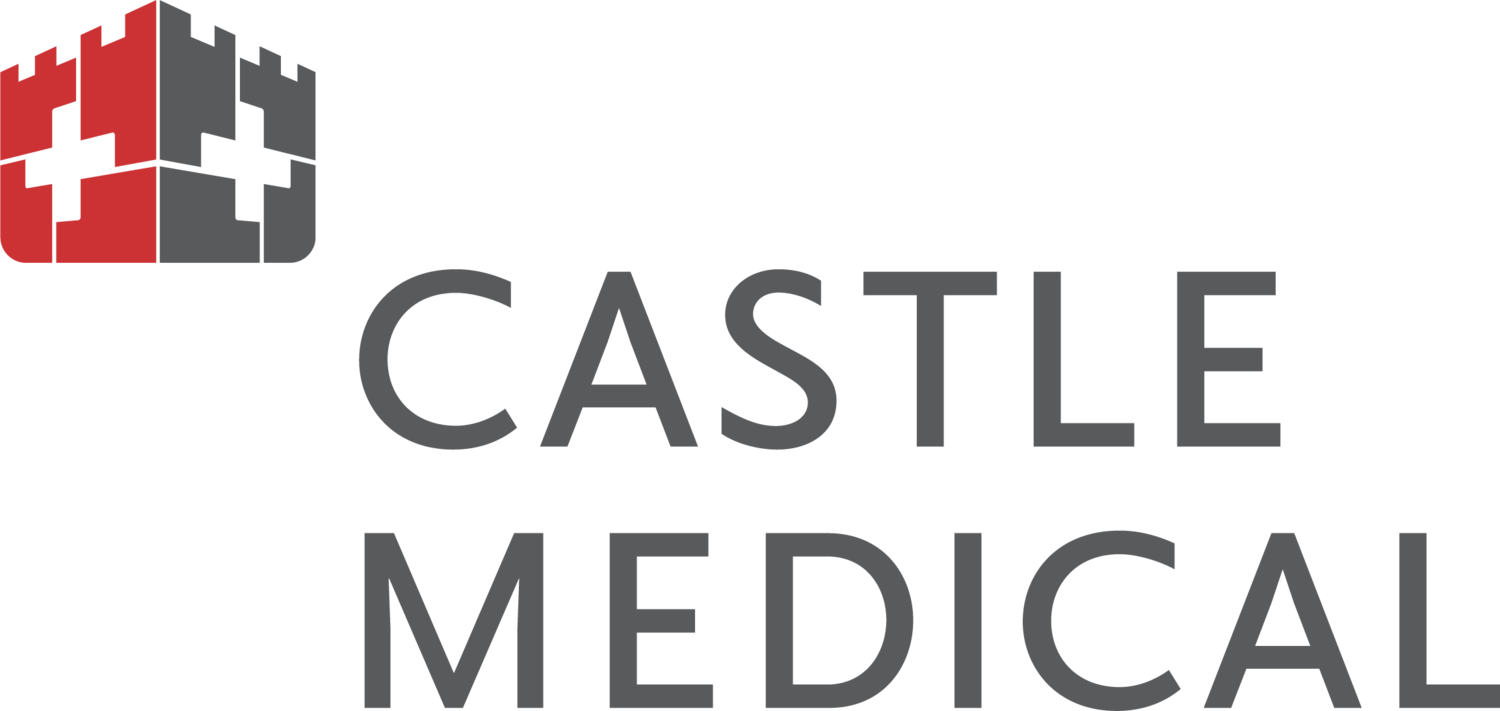Infant Circumcision (0-12 months)
Circumcision for babies in Australia is typically regarded as safe when conducted by trained healthcare providers in suitable medical environments. Nonetheless, like any surgery, there are potential risks such as bleeding, infection, and wound healing complications. It is important that you speak with a qualified healthcare provider to fully comprehend the potential benefits and risks tailored to your child's situation before making a decision.
Circumcising your infant at our practice.
-
Male circumcision is an operation to remove the foreskin that covers the tip of the penis.
-
1.Improved Hygiene: Circumcision can facilitate easier genital hygiene for males, as it removes the foreskin, reducing the risk of debris accumulation and potential infections.
2.Reduced Risk of Urinary Tract Infections (UTIs): Studies suggest that circumcision may lower the risk of UTIs in males, particularly during infancy and childhood.
3.Prevention of Foreskin-related Issues: Circumcision helps prevent conditions such as phimosis (tight foreskin unable to retract) and paraphimosis (foreskin retracted and unable to return to its original position), which can lead to discomfort and require medical intervention.
4.Decreased Incidence of Posthitis and Balanitis: Posthitis (inflammation of the foreskin) and balanitis (inflammation of the glans penis) are less likely to occur in circumcised males due to improved genital hygiene and reduced moisture under the foreskin.
5.Lower Risk of Sexually Transmitted Infections (STIs): Research suggests that circumcision may reduce the risk of acquiring certain STIs, including HIV, herpes simplex virus (HSV), and human papillomavirus (HPV), although protection levels may vary.
6.Protection Against Penile Cancer: Circumcision has been associated with a decreased risk of penile cancer, as the removal of the foreskin reduces the risk of certain infections and conditions that can contribute to cancer development.
7.Potential Risk Reduction for Prostate Cancer: Some studies suggest a possible link between circumcision and a reduced risk of prostate cancer, although further research is needed to establish conclusive evidence.
-
Prior to the circumcision procedure, a pre-assessment is necessary. This assessment involves a thorough evaluation of the individual's medical history, current health status, and any potential risk factors.
During this process, your doctor will discuss the procedure, address any inquiries or concerns, and ensure that parties involved are well-informed and ready for the circumcision.
Additionally, any required pre-operative tests or screenings may be conducted to ensure the procedure's safety and suitability. The pre-assessment aims to optimise the overall care and outcomes of the circumcision by identifying and addressing any potential issues beforehand.
After your initial consultation, your nursing team will book in the subsequent appointments as per your availability.
-
You will be provided with comprehensive guidance on preparing your son for the short circumcision procedure. This includes advice on timing feeding to ensure your baby's comfort. Babies older than four weeks may receive Panadol after the surgery, and a sweetened pacifier is offered to distract and entertain them during the procedure.
-
Local anesthesia is commonly used for infant circumcision to reduce pain and discomfort during the procedure.
Using local anesthesia for infant circumcision is considered safe and is recommended to ensure the comfort of the infant during the procedure.
-
Your healthcare team will provide you with a post-operative handout containing information on how to care for your infant at the conclusion of the procedure.
Your healthcare team is also available by phone after surgery and will respond to any questions or concerns.
-
You will need to book an appointment with your doctor 2-3 weeks after your child is circumcised for an examination of the surgical wound.
-
The cost of each infant circumcision procedure will be $550.
-
Yes. You will receive a Medicare rebate of $132.85.
About Dr Chaudhry M. Ahmed
With a wealth of experience in surgical procedures, Dr. Chaudhry previously served as a surgeon overseas for 13 years. He holds a master's degree in General Surgery and a Fellowship in Orthopedics. His expertise extends to performing minor surgical procedures, including skin cancer checks and surgeries.


